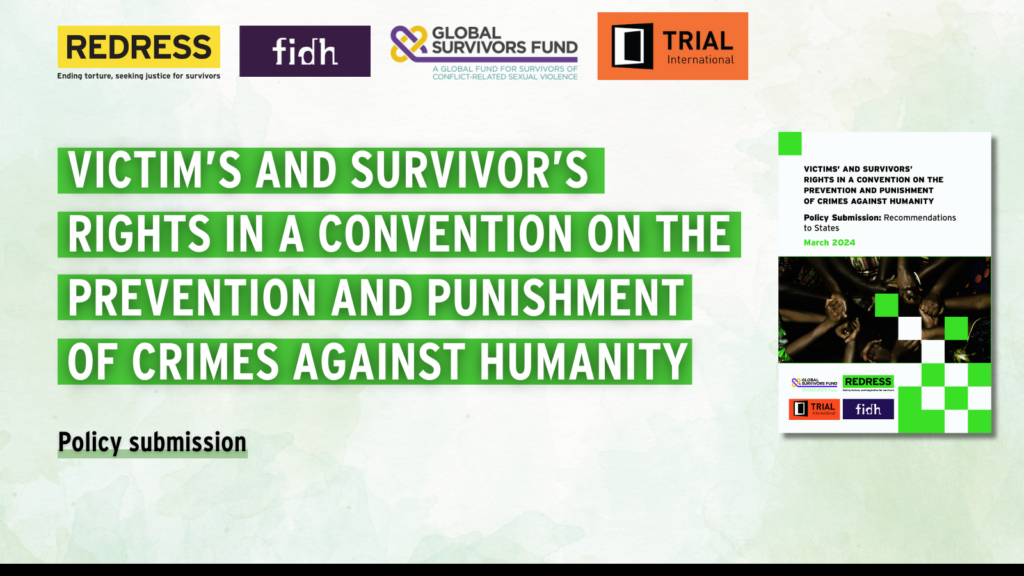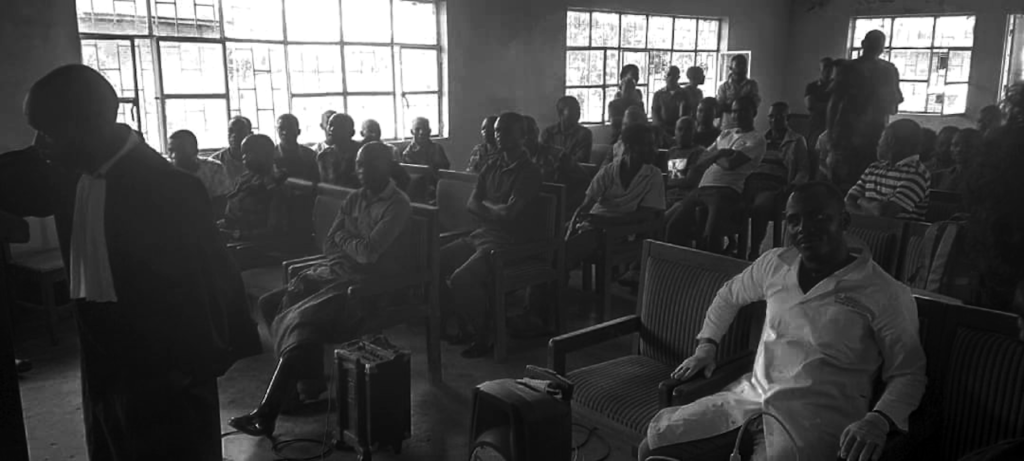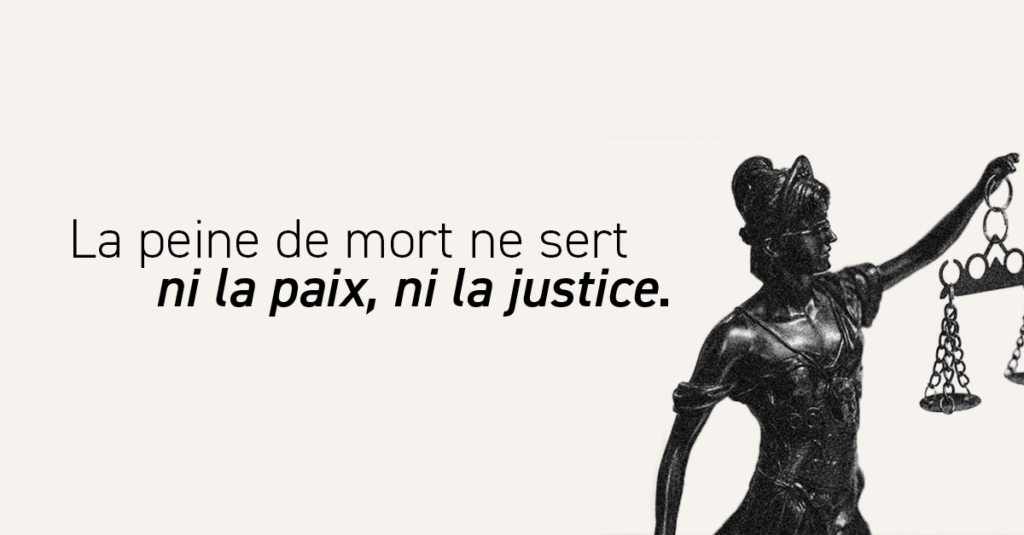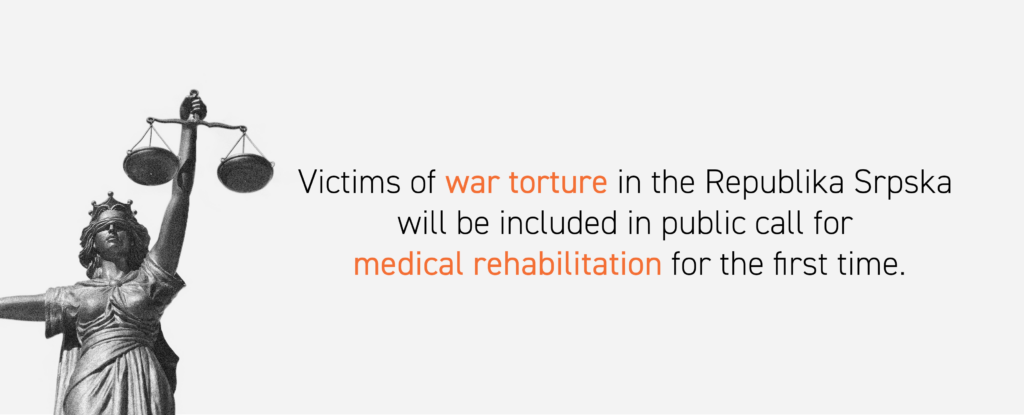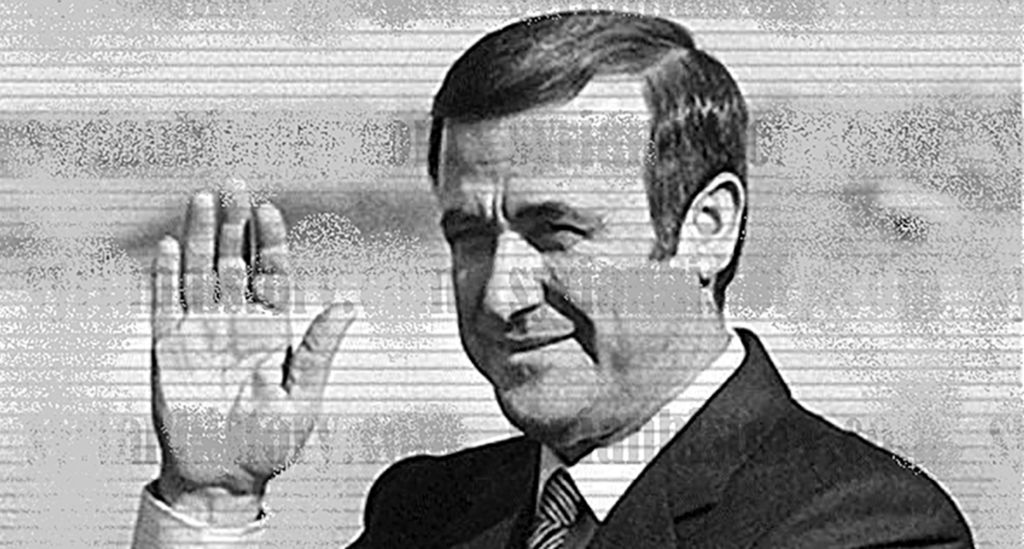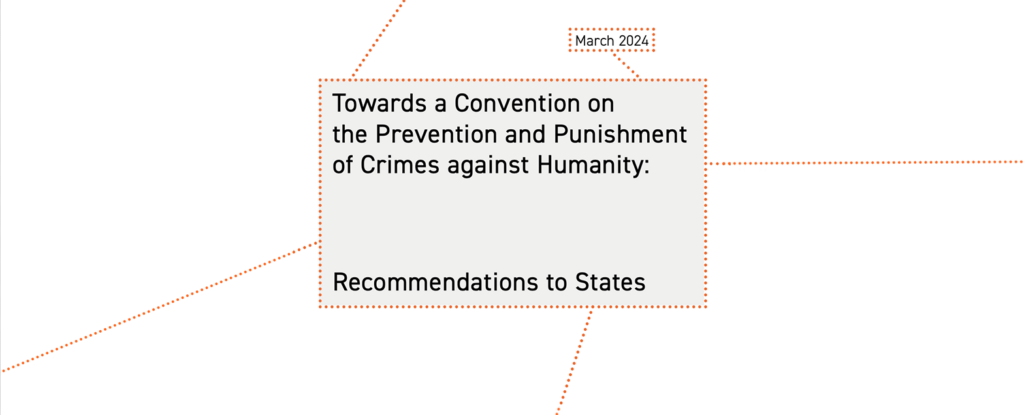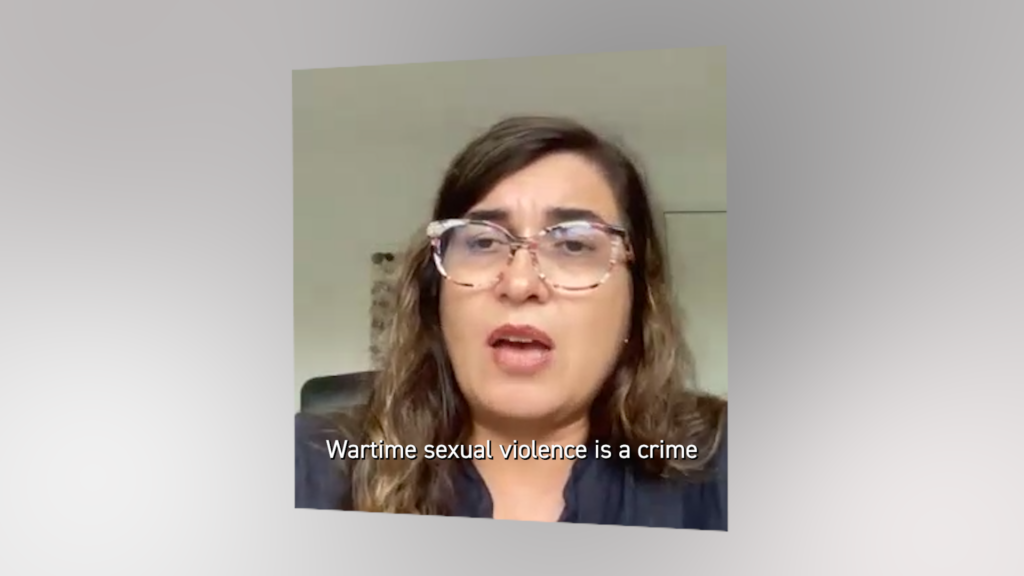Sonja Maeder Morvant: “The politicization of criminal cases can happen anywhere”
Sonja Maeder-Morvant joined the Committee of TRIAL International in May 2019. An attorney-at-law at the Geneva Bar, she specializes in economic crimes and international mutual assistance in criminal cases.

What has been your journey before joining TRIAL International’s Committee?
I was born in Germany and completed my education in Switzerland. I then moved to Geneva to study law, which is where I first met Philip Grant! Since then, I have mainly pursued my career in Geneva: after passing the Bar, I spent a little less than a year at the Office of the Attorney General of Switzerland. I then gradually specialized in cases related to economic crimes: corporate liability, money laundering, corruption, etc.
After becoming self-employed, I was keen to reconnect with my first love: human rights. It was at that time that I heard TRIAL International was seeking to renew its Committee.
What did you know about the organization at that point?
As mentioned, I met Philip Grant during our studies at the Geneva Academy. At the time, I even contributed to the Trial Watch database as my thesis dealt with the amnesty law in Sierra Leone.
Since then, I followed TRIAL International’s activities from afar. Even from the outside, I was impressed by this small organization, starting from scratch, that could achieve such results. With a great deal of patience and limited resources, it has successfully established itself among Geneva’s civil society.
What aspect of TRIAL International’s work speaks to you most?
As a lawyer, I like that its mission is so concrete. Investigating, prosecuting, obtaining tangible decisions… this speaks to me more than drafting reports and building capacity, even if these aspects are also important.
Among the crimes addressed by TRIAL, I am particularly interested in the defence of women’s rights and the fight against sexual violence.
In your opinion, what is the biggest challenge in the fight against impunity?
Without hesitation, political interference in legal proceedings. When legally sound cases, which objectively would have a high chance of success, get mired in deadlock and go nowhere… It’s incredibly frustrating. And yet it can happen all over the world! Sometimes in a blatant way and sometimes in a more subtle way.
What do you think is your contribution to TRIAL International’s Committee?
I hope that my practical experience will be useful to the organization, for example in dealing with prosecution authorities or the handling of criminal cases with an international component. Finally, I hope to strengthen the links between TRIAL and the Bar Association.

